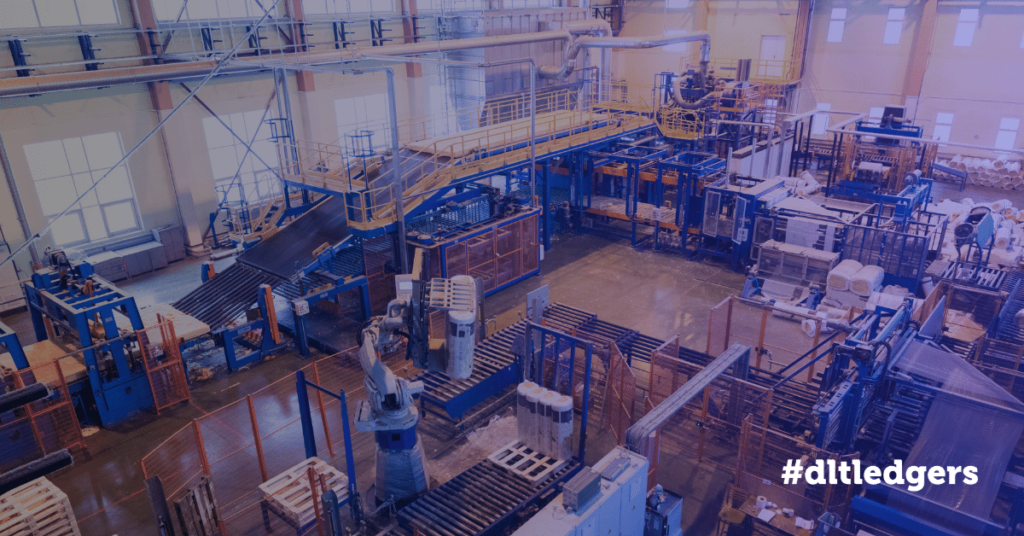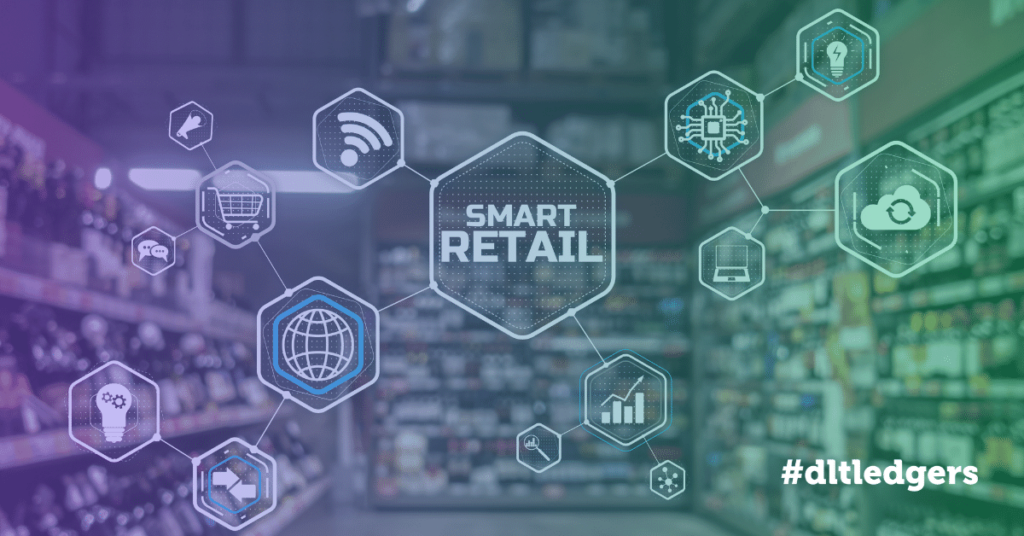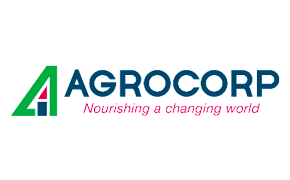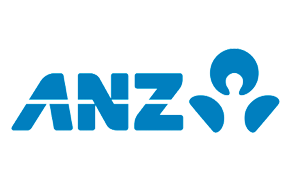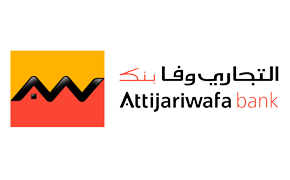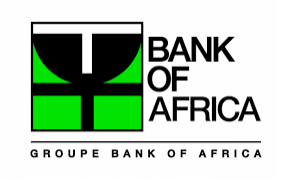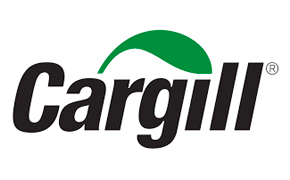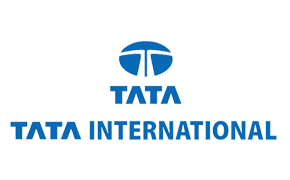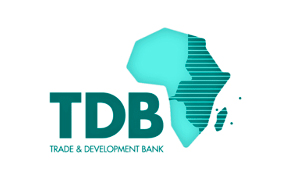Businesses no longer operate in isolation. The sprawling nature of commerce has led to the development of complex networks connecting various entities, each of which is essential to ensuring the smooth flow of goods, services, and information. The multi-party supply chain is one such system; it consists of a dynamic network of interconnected stakeholders who are all working to provide value at every stage.
Each link in the supply chain has a specific role — from the suppliers, who find raw materials and guarantee product quality, to the transporters, who move these goods over great distances. Every participant, whether a domestic distributor or an international customer, contributes to the harmony and effectiveness of the entire operation. When their combined efforts are coordinated, a system that not only serves the needs of the end user but also paves the way for resilient and sustainable business models is created.
But this vast network also brings with it inherent difficulties that call for creative answers to guarantee openness, reliability, and promptness. This has caused several blockchain deployments to fail as we discussed previously. Let’s look into multi-party supply chains and highlight the game-changing role of those emerging technologies.
Complexities in the Multi-Party Supply Chain
Despite all of its advantages, the multi-party supply chain is a complex web of relationships. The sheer volume of stakeholders involved in the delivery of goods and services by organizations around the world magnifies the difficulties encountered. To avoid bottlenecks and disruptions, every link in the supply chain, from suppliers to final consumers, introduces variables that need careful management.
Challenges Associated with Multiple Stakeholders: Multiple operational methodologies, priorities, and objectives are associated with a diverse range of participants. It takes a lot of coordination to bring all of these entities together for a single objective. According to the global management consulting firm McKinsey, each stakeholder has a unique set of duties, a different set of data management tools, and a different workflow procedure. It is a monumental task to ensure compatibility and easy integration across these dissimilar systems.
Importance of Transparency: Transparency is imperative in a world where consumers are becoming more aware of the origin and journey of the products they consume. To ensure accountability and promote trust, stakeholders at every stage of the supply chain require clear visibility into the movement and status of goods. Traditional supply chains’ opaque nature and their siloed information are no longer able to satisfy today’s discerning market demands.
Real-time communication: Delays can be expensive in a hectic business setting. There has never been a more pressing need for real-time communication. Quick decision-making is made possible by instant updates on order statuses, inventory levels, and potential disruptions. This keeps the chain intact and productive.
Digital and Interconnected Nature: With the rise of e-commerce and digital business models, supply chains have evolved from linear processes to complex, interconnected networks. There are new difficulties brought about by this digital transformation. Modern supply chain management now involves managing huge amounts of data, integrating new technologies, and dealing with cybersecurity threats.
The question of how to use technology to improve operations, increase transparency, and strengthen the resilience of the multi-party supply chain arises as we navigate these complexities. The power of blockchain’s decentralized system may hold the key, as we’ll soon investigate.
Blockchain: Trust and Transparency
The need for a single source of truth is critical in the complex maze of multi-party supply chains. Let’s introduce blockchain, a technology praised for its decentralization, transparency, and security. Blockchain provides practical solutions to the problems plaguing contemporary supply chains, making it more than just a digital ledger for cryptocurrencies.
Simplifying Multi-Stakeholder Communication: In traditional supply chain systems, each stakeholder typically operates in isolation and keeps a separate ledger of transactions. This makes it difficult to communicate in real time and causes discrepancies. Blockchain relies on a decentralized ledger that is accessible to and verifiable by all parties. All parties involved in the transaction, from suppliers to end users, can now see the same version of the transaction records, enabling streamlined and consistent communication.
Tamper-Proof Transactions and Data Consistency: The very design of blockchain ensures that once a transaction is recorded, it cannot be altered without the consensus of the network. Blockchain’s immutable nature offers a significant security benefit. It ensures that all data is consistently recorded throughout the chain, minimizing instances of fraud, double-spending, and other frequent inconsistencies that afflict conventional supply systems.
Bridging the Trust Gap: Trust is often the most elusive component in a multi-party system. With blockchain, trust is enforced algorithmically. Smart contracts, which automatically carry out their terms after being written into lines of code, guarantee that certain conditions are satisfied before transactions can be completed. This eliminates the need for middlemen, lowers the risk of failure, and fosters a level of trust that was previously impossible.
Blockchain’s Role in Energy, Agriculture, and Manufacturing
Leading businesses have realized the critical role blockchain technology plays in overcoming their specific challenges. Here, we focus on three separate instances that demonstrate how blockchain can transform various supply chain scenarios.
Putting a focus on sustainability and resilience: Schneider Electric
Sustainability in the supply chain is a cause that Schneider Electric, a leader in energy management and automation, has long supported. Schneider Electric’s adoption of blockchain is motivated by the need to improve the sustainability and resilience of its operations. The company uses blockchain to increase supply chain transparency, ensure ethical sourcing, and validate the provenance of materials. This demonstrates the marriage of sustainability and innovation by automating and digitizing traditionally manual processes, which not only increase efficiency but also reduce carbon emissions.
Prioritizing Traceability and Instant Settlements at Agrocorp International
Agrocorp, a global trader in agricultural commodities, works with a sizable network of growers, suppliers, and other stakeholders. Traceability is crucial to them. With the help of blockchain, Agrocorp has improved supply chain visibility and can now track products all the way back to specific farms. Additionally, the strength of smart contracts powered by blockchain speeds up payments to farmers and promotes a more just ecosystem by enabling instant settlements.
The Route from Farm to Plate: Royal De Heus
A well-known manufacturer of animal feed, Royal De Heus emphasizes the critical importance of food safety in today’s consumer-driven market. They understand that ensuring food safety includes the entire process from farm to plate, not just the finished product. They can ensure end-to-end traceability and provide customers with verifiable information about the production process by working with blockchain platforms like #dltLedgers. Such openness not only increases consumer trust but also strengthens the brand’s adherence to food safety regulations.
Each of these examples emphasizes a different aspect of the supply chain, but they all point to the same reality: the potential of blockchain to reimagine, innovate, and improve conventional systems. These businesses enlighten the way forward for countless others by addressing the complexity that is built into their operations.
#dltledgers in Action
#dltledgers is a leader in the rapidly developing field of blockchain-enhanced supply chains, advocating for ethical purchasing. Leading platform #dltledgers connects stakeholders from all points of a supply chain through seamless system integration.
The platform goes beyond simple integration by bridging gaps, streamlining communications, and encouraging a cohesive multi-party system where efficiency and transparency rule supreme. #dltledgers is reshaping the supply chain narrative by bringing the “outside, inside” and establishing the benchmark for a resilient and interconnected future.
Blockchain technology has the potential to significantly alter industries outside of finance, making waves in the complex dance of international supply chains. Blockchain integration is not only advantageous but also revolutionary, as pioneers like Schneider Electric, Agrocorp International, and Royal De Heus have demonstrated. Enterprises must investigate and realize this potential as the world becomes more interconnected. The pledge? A supply chain that is resilient, transparent, and efficient, paving the way for a time when all parties can work together to navigate smoothly. Schedule a consultation with us to learn more.

